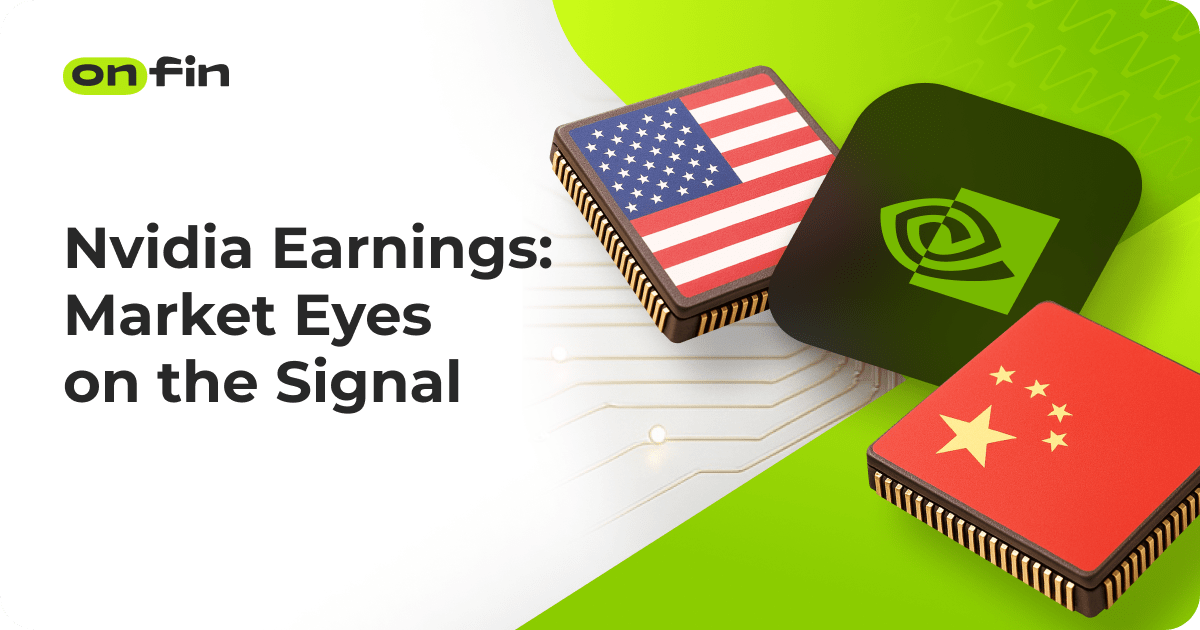This week, all eyes on Wall Street are focused on Nvidia, as the tech giant prepares to release its much-anticipated quarterly earnings report on Wednesday. The company’s performance is widely expected to serve as a bellwether for the broader technology sector, and potentially the entire U.S. stock market. According to Reuters, Nvidia’s results may significantly influence the short-term direction of major stock indices, given the company’s enormous market capitalization and pivotal role in the ongoing artificial intelligence boom.
Nvidia is one of the largest publicly traded companies in the world by market value, and its shares are a core component of the S&P 500 and Nasdaq Composite. Analysts and institutional investors are paying close attention, as the company’s financials may also offer insights into broader trends in the semiconductor industry and the global technology supply chain.
Chuck Carlson, CEO of Horizon Investment Services, told Reuters that Nvidia’s report will be the most closely watched corporate disclosure this week. “This isn’t just about one company—it’s about sentiment across the entire growth segment of the market,” Carlson emphasized. Nvidia is also the last of the so-called “Magnificent Seven” tech giants to report earnings this season, making its update particularly important for those trying to assess the overall health of the market’s largest players.
While Nvidia has played a central role in driving stock market gains over the past two years, performance among the top tech firms in 2025 has been more uneven. Companies like Apple and Alphabet have seen mixed results amid shifting demand and regulatory challenges. As a result, Nvidia’s earnings could either reinforce optimism about the sector or trigger caution if results fall short of expectations.
In addition to revenue and profit figures, investors are keen to hear updates on Nvidia’s outlook for the rest of the year, especially in light of rising global tensions. In April, the company reported that it would likely incur losses of up to $5.5 billion due to recent U.S. export restrictions on high-end chips, including its H20 processors, to China. This announcement has raised fresh concerns about the impact of geopolitical friction on corporate profits and supply chains.
The U.S. government’s decision to tighten controls on advanced semiconductor exports to China was aimed at protecting national security and limiting China’s access to powerful AI tools. However, for Nvidia, the move represents a major business challenge, as China has historically been a key market for its high-performance chips. Analysts believe that Nvidia’s response to these restrictions, along with any changes in guidance or revenue breakdowns by region, will be closely dissected during the earnings call.
Traders and analysts alike expect Nvidia’s report to create ripples throughout the market, especially among other semiconductor stocks and AI-focused firms. Chipmakers such as AMD, Intel, and Qualcomm could see their valuations react to Nvidia’s results, depending on how investors interpret sector-wide demand and regulatory risks.
Beyond the company’s fundamentals, Nvidia’s report is also likely to influence broader conversations about the U.S.–China trade relationship. As a high-profile example of how tariffs and export controls can directly affect corporate earnings, Nvidia’s experience is being used by both policymakers and business leaders as a case study in the economic impact of international policy decisions.
As of Monday’s close, Nvidia shares were trading slightly lower, reflecting investor caution ahead of the earnings release. The stock is still up more than 45% year-to-date, despite recent volatility.
With interest rates, inflation concerns, and geopolitical risks all contributing to market uncertainty, Nvidia’s performance this week could serve as a crucial pivot point. Investors across the board—from retail traders to hedge funds—will be tuning in to the results, which are expected to be released after market close on Wednesday, May 28.







